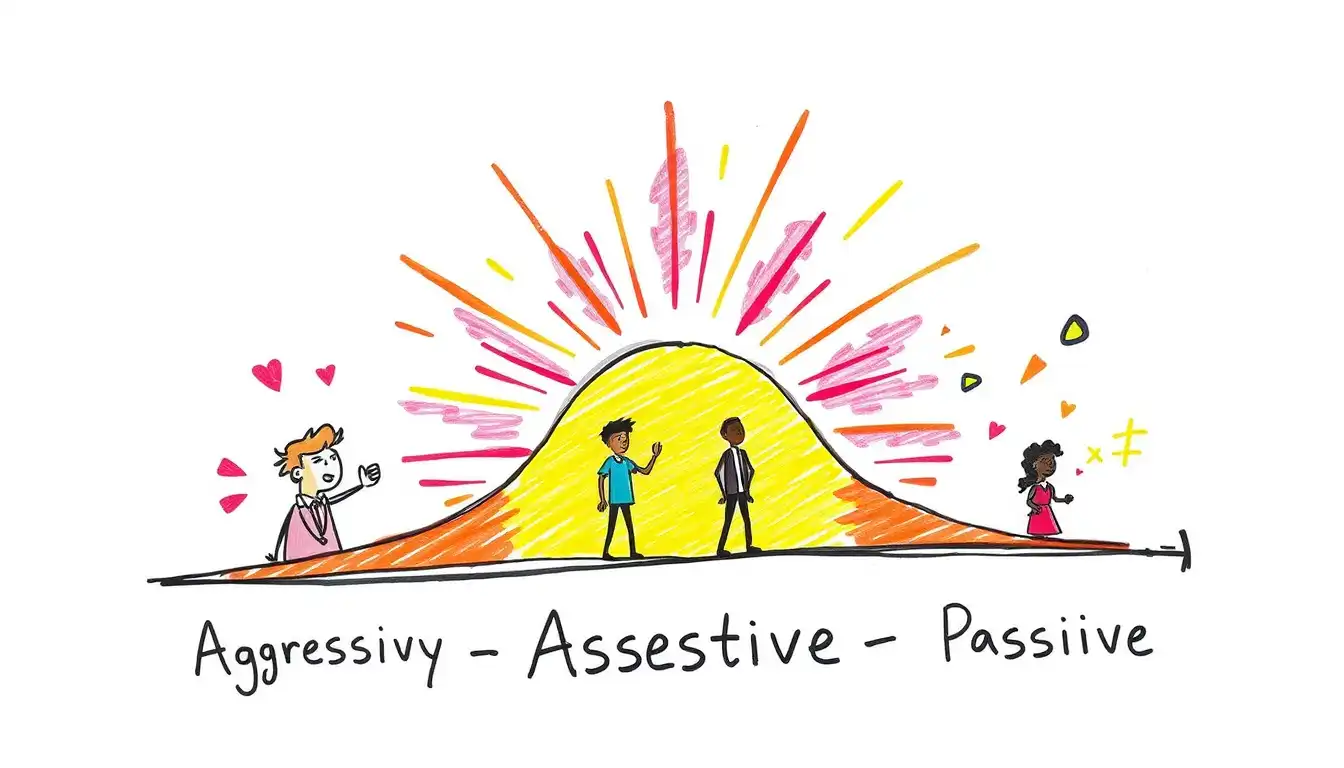What is Interest-Based Negotiation?
Interest-based negotiation is a collaborative approach to conflict resolution that focuses on understanding the underlying interests, needs, and concerns of all parties involved. This approach is different from traditional positional bargaining, where parties focus on their respective positions and try to reach a compromise. In interest-based negotiation, the goal is to find a mutually beneficial solution that satisfies the interests of all parties.
In traditional negotiation, parties often focus on their respective positions, which can lead to a win-lose situation. For example, in a salary negotiation, an employee may demand a 20% raise, while the employer may offer only 10%. The negotiation may end with the employee accepting the 10% raise, feeling that they have lost, while the employer feels that they have won. However, in interest-based negotiation, the parties would explore the underlying interests and needs behind the salary demand. The employee may be seeking a higher salary to feel valued and recognized, while the employer may be concerned about the impact on the company’s budget. By understanding these interests, the parties can work together to find a creative solution that meets both parties’ needs, such as additional benefits or a performance-based raise.
Principles of Interest-Based Negotiation
Interest-based negotiation is based on several key principles:
Separate the People from the Problem
In interest-based negotiation, the parties focus on the problem at hand, rather than making personal attacks or taking things personally. This helps to build trust and creates a more constructive atmosphere for negotiation.
Focus on Interests, Not Positions
As mentioned earlier, interest-based negotiation focuses on understanding the underlying interests, needs, and concerns of all parties involved. This helps to identify creative solutions that meet the needs of all parties.
Generate Options That Satisfy Both Parties
Interest-based negotiation encourages parties to generate multiple options that satisfy both parties’ interests. This helps to create a sense of ownership and increases the chances of reaching a mutually beneficial agreement.
Use Objective Criteria
Interest-based negotiation uses objective criteria, such as industry standards or expert opinions, to guide the negotiation process. This helps to build trust and creates a more transparent and fair process.
Benefits of Interest-Based Negotiation
Interest-based negotiation offers several benefits, including:
Improved Relationships
Interest-based negotiation helps to build trust and improves relationships between parties. By focusing on understanding each other’s interests, parties can develop a deeper understanding of each other’s needs and concerns.
Increased Creativity
Interest-based negotiation encourages parties to think creatively and generate innovative solutions that meet both parties’ interests.
Better Outcomes
Interest-based negotiation leads to better outcomes, as parties work together to find a mutually beneficial solution.
Reduced Conflict
Interest-based negotiation reduces conflict, as parties focus on finding a solution that works for everyone, rather than trying to win at the expense of the other party.
How to Apply Interest-Based Negotiation in Real-Life Situations
Interest-based negotiation can be applied in various real-life situations, including business, personal, and professional relationships. Here are some tips to get you started:
Listen Actively
Listen actively to the other party’s concerns and interests. Ask open-ended questions to clarify their needs and interests.
Ask Questions
Ask questions to understand the other party’s perspective and interests. This helps to build trust and creates a more constructive atmosphere for negotiation.
Focus on Interests, Not Positions
Focus on understanding the underlying interests, needs, and concerns of the other party, rather than their position.
Generate Options
Generate multiple options that satisfy both parties’ interests. This helps to create a sense of ownership and increases the chances of reaching a mutually beneficial agreement.
Common Challenges in Interest-Based Negotiation
While interest-based negotiation offers several benefits, it’s not without its challenges. Here are some common challenges and how to overcome them:
Power Imbalance
In some cases, one party may have more power or leverage than the other. To overcome this, parties can use objective criteria, such as industry standards or expert opinions, to guide the negotiation process.
Lack of Trust
Lack of trust can be a major obstacle in interest-based negotiation. To build trust, parties can focus on building relationships, sharing information, and being transparent.
Emotional Baggage
Emotional baggage can cloud judgment and make it difficult to negotiate effectively. To overcome this, parties can take a break, calm down, and focus on the interests and needs at hand.
FAQ
What is the difference between interest-based negotiation and traditional negotiation?
Interest-based negotiation focuses on understanding the underlying interests, needs, and concerns of all parties involved, while traditional negotiation focuses on reaching a compromise between parties’ positions.
How do I apply interest-based negotiation in a competitive business environment?
Apply interest-based negotiation by focusing on understanding the underlying interests, needs, and concerns of the other party, and generating options that satisfy both parties’ interests.
Is interest-based negotiation only applicable to business negotiations?
No, interest-based negotiation can be applied in various real-life situations, including personal and professional relationships.
Conclusion
Interest-based negotiation is a collaborative approach to conflict resolution that focuses on understanding the underlying interests, needs, and concerns of all parties involved. By applying the principles of interest-based negotiation, parties can reach mutually beneficial agreements, improve relationships, and reduce conflict. Remember to separate the people from the problem, focus on interests, not positions, generate options that satisfy both parties, and use objective criteria to guide the negotiation process. With practice and patience, interest-based negotiation can become a powerful tool for achieving success in both personal and professional relationships.







Leave a Reply